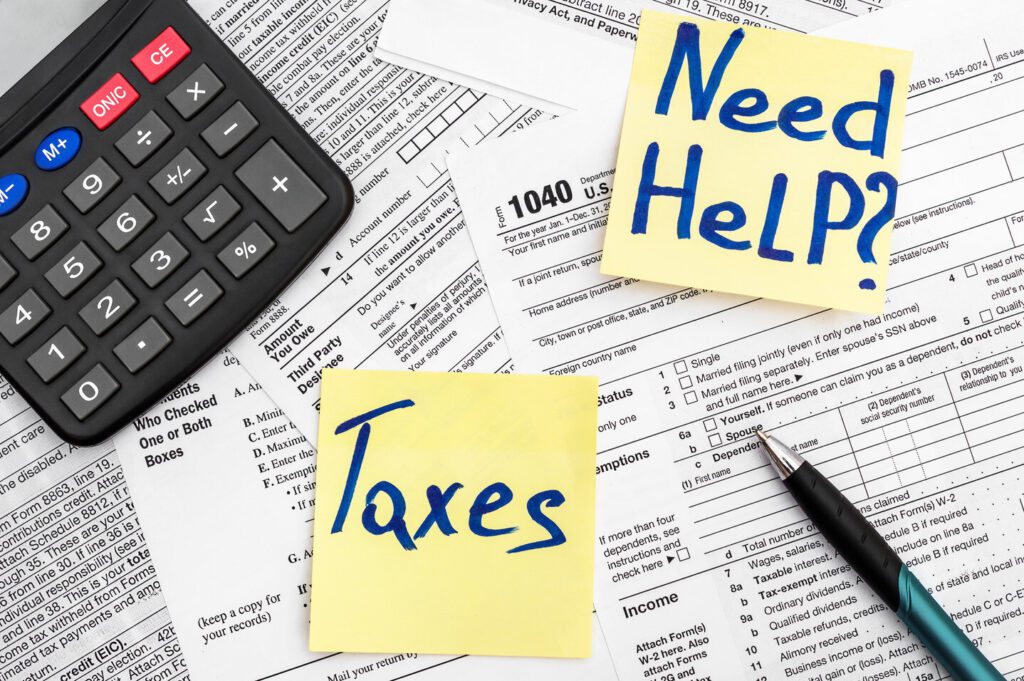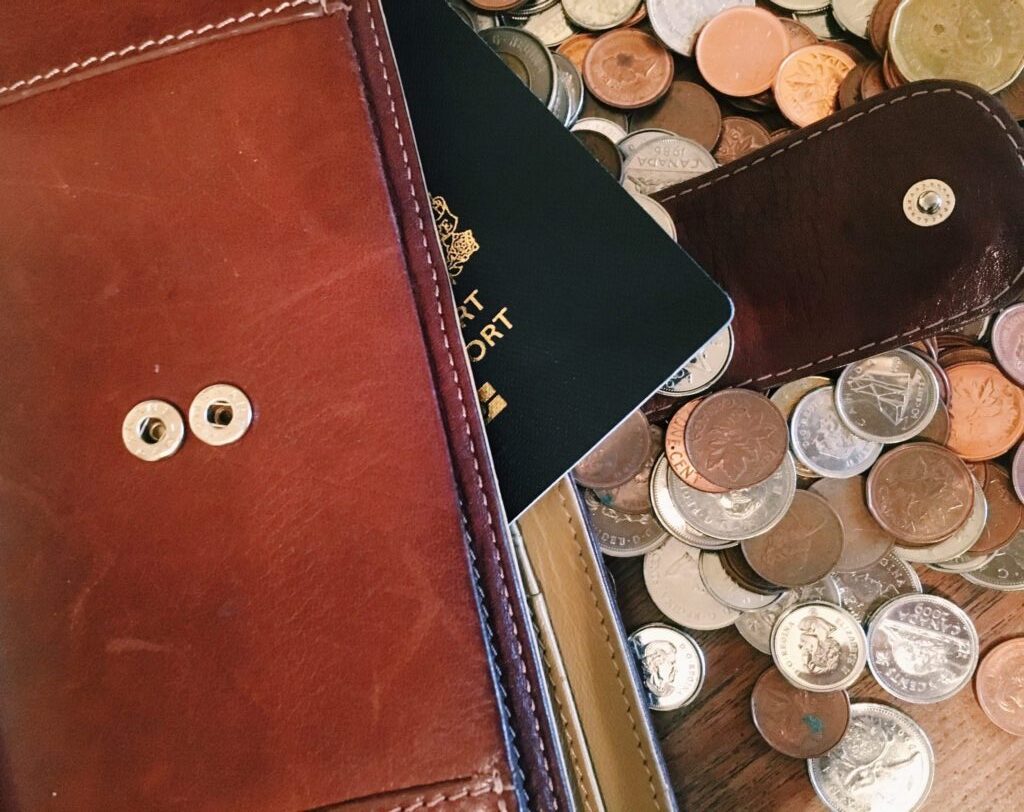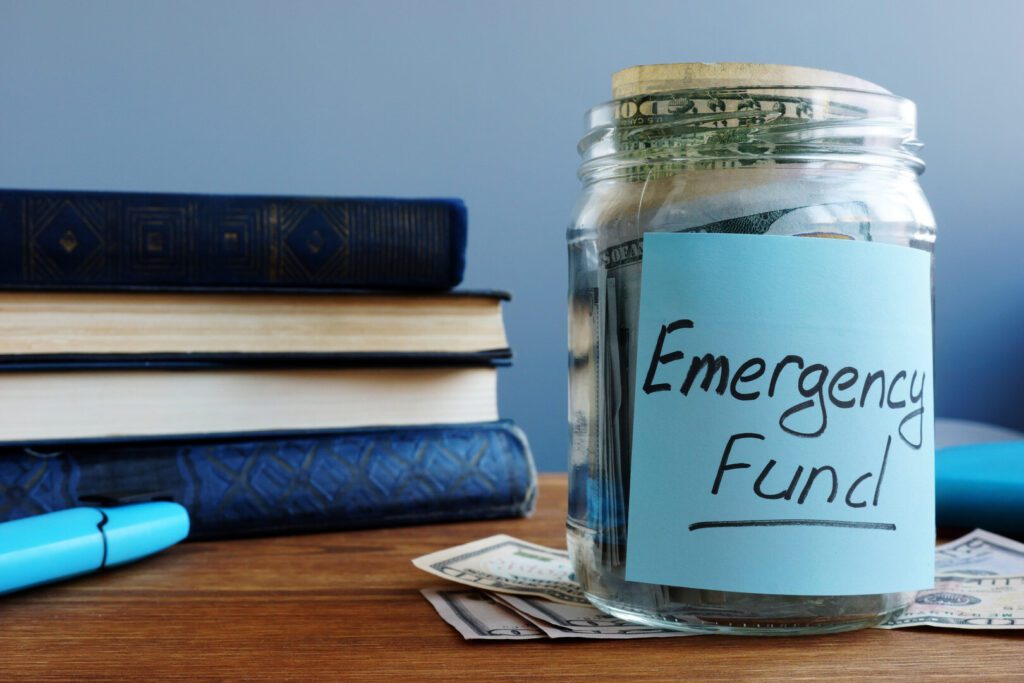Unfortunately, many of us end up with a large tax bill each year – and you do not even need to be a tax cheat to find yourself with one. It may be that you did not realize you had to declare certain income, or have found yourself with an unexpectedly large bill. Maybe you were overpaid via a payroll error, or you moved house and the Canada Revenue Agency (CRA) sent your tax notice to your old address. Your accountant could have even made a mistake. Whatever the reason, in this article we explain what you can do it you are finding your tax bills too much. Tax bills are not something you should put off given the harsh consequences that the CRA can pursue if they choose to, including freezing your bank account or pursuing a wage garnishment. Communication is key when it comes to the CRA. As soon as you receive a tax bill that is too much in your Notice of Assessment, you should begin communication with the CRA as quickly as possible. If you owe more tax than you can afford to pay, here is what you should do.
Do not put off filing your taxes
Suspect your tax bill will be high? This is no reason to put off filing your taxes. At Spergel, we know how scary tax debt can be, but the sooner you know what you owe, the sooner it can be handled. There are solutions when it comes to tax debt, but you need to understand what is owed before you can tackle it. Ensure you send in your paperwork by the due date, which for most Canadians is April 30. The CRA likes to know that you are aware of the tax bill you owe, and that you have a plan in place to handle it. Even if you do not have a plan, this is the time to ask the CRA any questions you may have about what you owe. Perhaps you disagree with the balance, or want more information on what you have been charged. Being proactive and upfront with the CRA is more likely to help you should something go wrong when you are in collections. The CRA will keep a track of their communications with you, so a good record will help you.
Avoid adding penalties and interest to your tax debt
If you do not file your taxes on time, you will only make life more difficult for yourself. You can land interest and penalties on top of your tax debt, making it even higher. When it comes to interest, the CRA has begun charging an annual interest of 8% on any overdue tax debts, effective from January 1 2023. Do note that this interest is compounded each day, meaning it is recalculate daily on the initial principal plus the interest accumulated. It is also possible to incur a CRA penalty. CRA penalties most often come about due to late filing of your taxes. The penalty is 5% of your balance owed for the current tax year, plus 1% of your balance owed for each full month your return is late. This is capped at a maximum of a year, but it can quickly add up. If you do owe interest and penalties to the CRA and you are finding your tax bills too much, you may be able to get the CRA to waive them. Taxpayer Relief Provisions is a program from the CRA that makes some exceptions to help those in emergency situations. If, for instance, you are facing financial hardship and cannot pay your tax bill, the CRA may waive your interest and penalties. It can be tough to have approved, and you may need a tax debt lawyer to help reinforce your case.
Try to make a payment arrangement
If you are finding your tax bills too much, a payment arrangement could make things much easier for you. If you are unable to pay your tax debt in full, you can reach out to the CRA to help you – they will work with you to arrange a payment plan. This can be done online, via the CRA’s automated TeleArrangement service, or by speaking on the phone. You can authorize the CRA to withdraw a pre-approved amount from your bank account each month on a date of your choice. Requesting a payment plan is another reason you need to file your taxes with plenty of time. You will need to have done so in order to arrange a payment plan with the CRA. Make sure to do so in plenty of time, and it will help you to reduce any interest payments too. Do note that you may need to provide evidence to the CRA that you cannot make your tax debt payments in full. You could do so by showing proof that you have borrowed money, or have tried to cut down your expenses. To show that you can stick to your payment plan, the CRA could also request details of your income, expenses, assets, and outgoings. While CRA payment arrangements can work well for many Canadians, ensure you do not agree to pay back an unmanageable amount each month. The CRA will only have their tax bill as the priority – you may have other debts, and paying too much to the CRA could lead to other financial difficulties.
Check for CRA exemptions
In some circumstances when you are finding your tax bills too much, the CRA may show leniency if you are genuinely struggling to pay your tax debt. These include tax elections, which are a status that leads to an alternative tax treatment. If filing, changing or cancelling a tax election would lead to a reduced tax debt balance for you, the CRA may waive the deadline even if it has already passed. Equally, you cannot typically ask for a refund an adjusted tax return after three years. In extenuating circumstances, however, the CRA may make an exception. If receiving a refund will reduce your tax bills, the CRA may waive the three year limit to help ease your overall tax debt.
Gain tax debt relief
If you are simply finding your tax bills too much, you may need a tax debt relief solution. Even if you have agreed a payment plan with the CRA, you will need to stick to it while remaining current on your taxes, and for many Canadians this is simply too much to handle. If you just cannot make your tax debt payments on time, you may wish to visit a Licensed Insolvency Trustee, the only professionals in Canada legally able to file all forms of tax debt relief. They will review your financial situation with compassion and understanding, and recommend the best course of action for a fresh financial future. Often this is either filing a consumer proposal or bankruptcy:
Filing a consumer proposal
A consumer proposal is a form of debt relief that can reduce your debt by up to 80% – including your tax debt. A consumer proposal is the only legal form of debt settlement in Canada. Working with your Licensed Insolvency Trustee, you will propose an affordable monthly payment to your creditors. Provided they accept, you will be committed to making this payment for a period of up to five years, and your remaining unsecured debt will be cleared. Consumer proposals have the added advantages of offering protection from your creditors, and enabling you to keep your assets. It is a great bankruptcy alternative.
Filing bankruptcy
Bankruptcy in Canada is the legal process of assigning any non-exempt assets you may have to your Licensed Insolvency Trustee to go towards the repayment of your creditors in exchange for the clearance of your unsecured debts. It is a great opportunity for a fresh financial future, free from the stresses of tax bills that are too high. Most first time bankruptcies are discharged within nine months, and you will be fully protected from your creditors. Although many Canadians believe that in bankruptcy you lose everything, this is not the case. In many scenarios, you can keep a vehicle and your home.
Tax bills too much? If you have questions about your tax debt and are struggling to make your repayments, book a free consultation with Spergel. Our experienced Licensed Insolvency Trustees will treat your situation with compassion, and they will work to review your situation and recommend the best pathway to a life free from the stress of tax debt. Reach out today – you owe it to yourself.



















